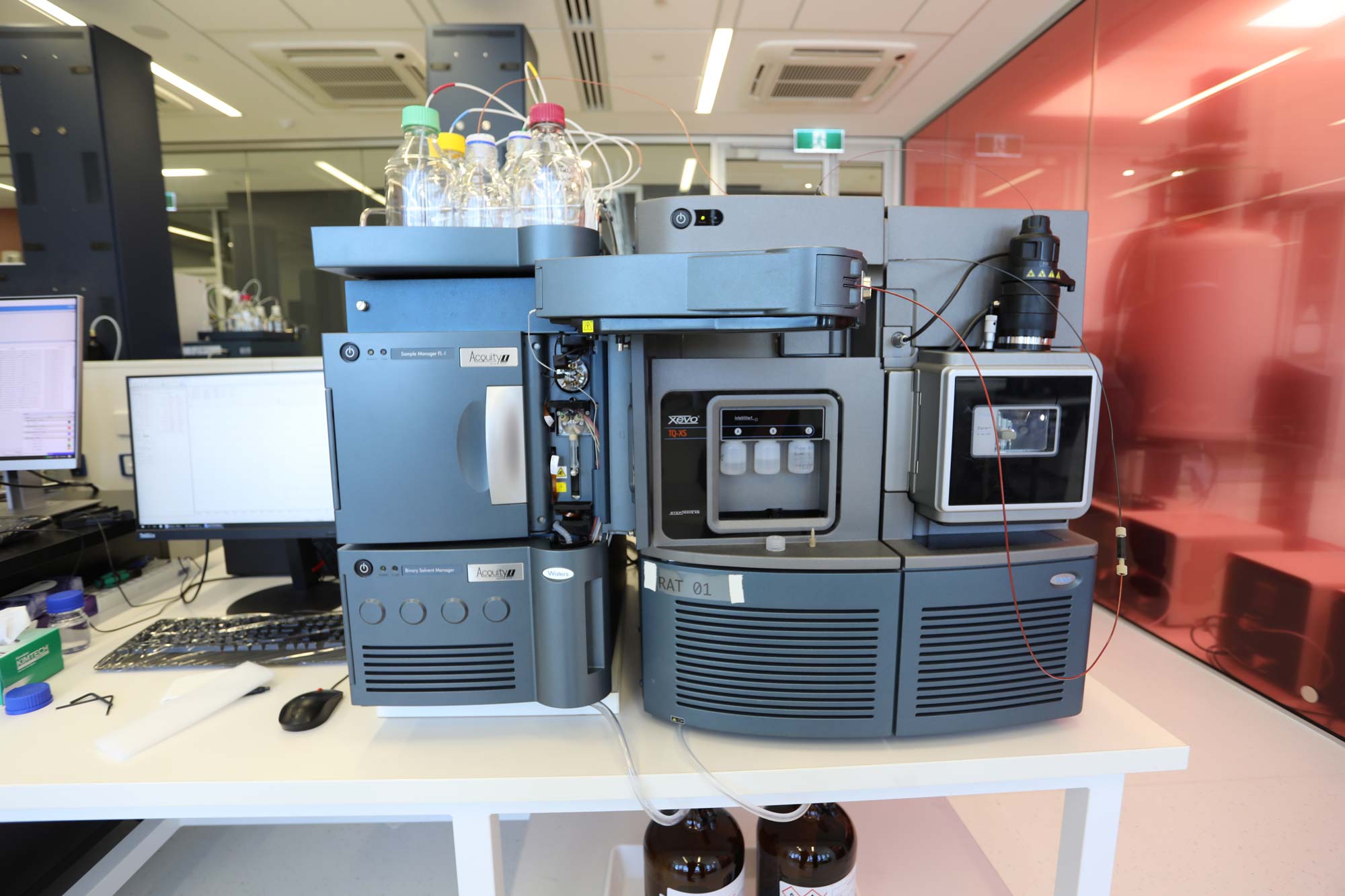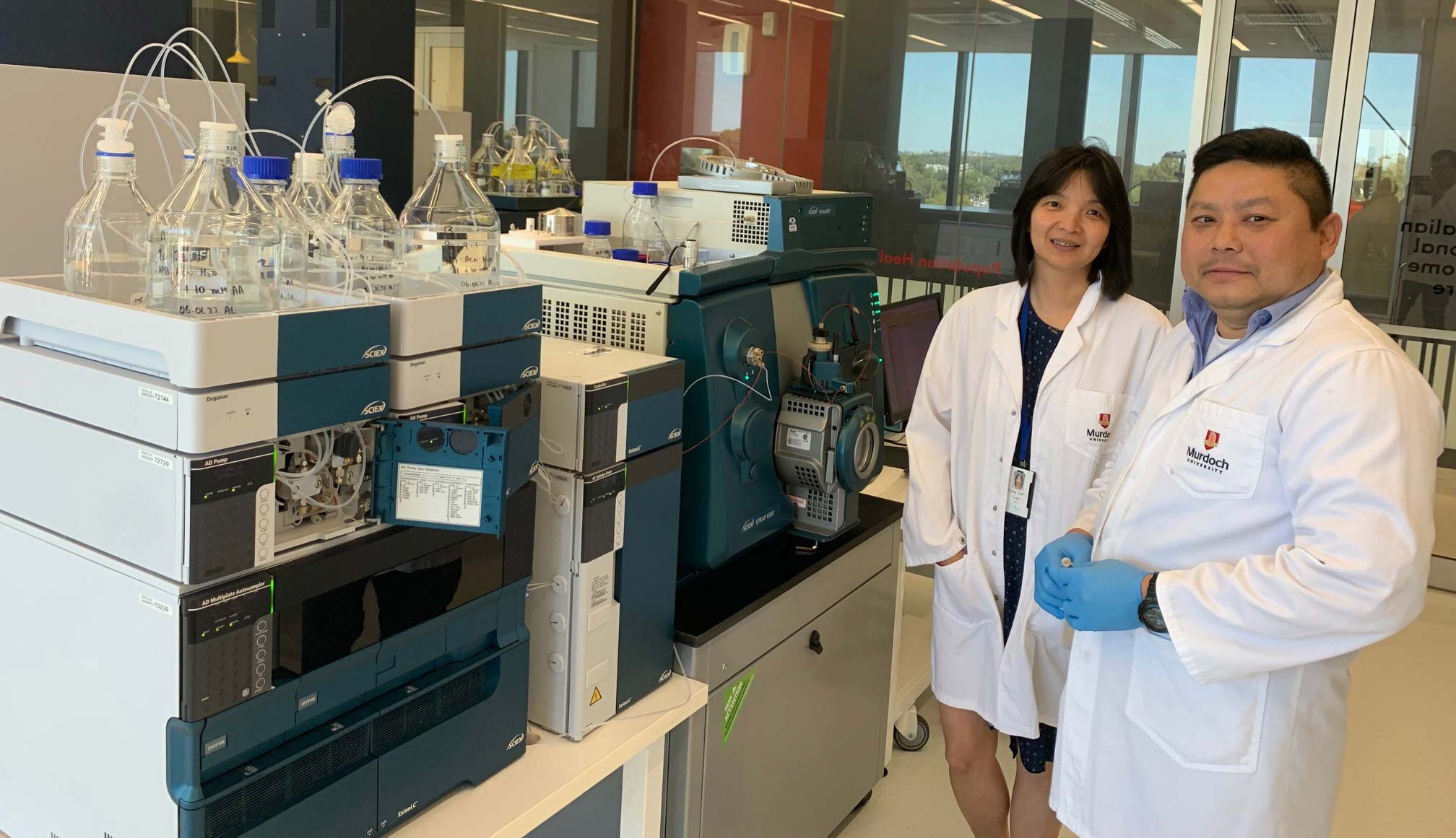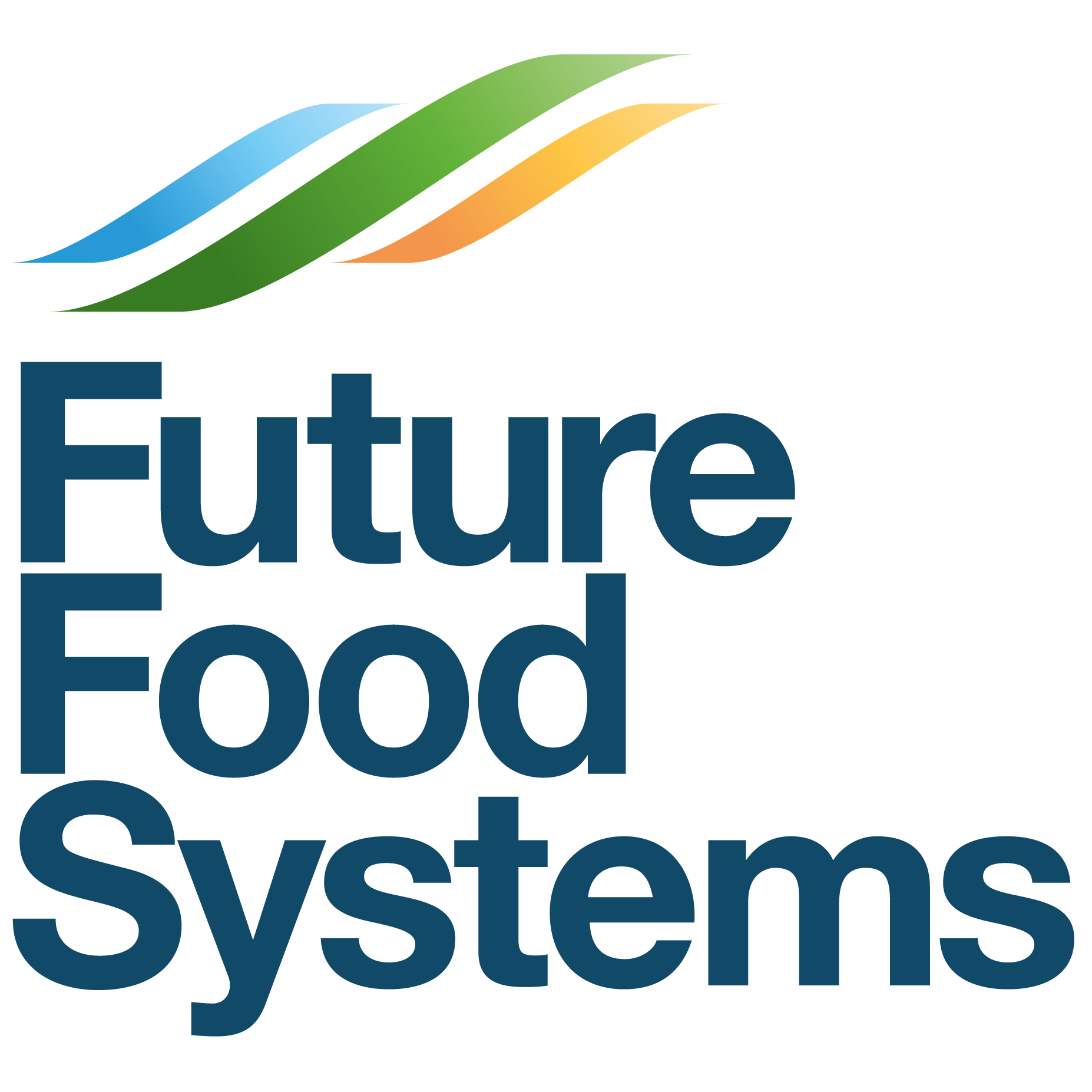Case study
Analysing Australian food & wine to validate ‘premium’ product claims

The industry problem
Australian fresh produce and value-added goods have an enviable reputation worldwide for being clean and green. Though our international output is comparatively small, Australian food and beverage products typically attract a premium thanks to such assurances. But today’s ‘conscious consumers’ demand proof that the food and beverage products they buy are safe, sustainable and of high quality. To realise the Australian agrifood sector’s potential, particularly in high-value export markets, and meet future consumer needs, Australian producers need
to be able to offer such proof.
The strategic solution
The four-year, $1.6 million-dollar ‘Analytical assessment of food quality and processing systems, tracing, biochemistry and nutritional properties of foods’ (‘ANPC Analytics’) project aimed to provide such validation. The project is designed to develop cost-effective, user-friendly ways to provide scientific validation of the provenance, ‘free-from’ status, nutritional makeup, health benefits, safety and sustainability credentials of various Australian food and beverages, thereby helping producers of these products access lucrative markets for premium fresh produce and value-added goods.
Future Food Systems research partner Murdoch University’s world-leading Australian National Phenome Centre had the ideal team for the task. ANPC was already equipped with Bruker scientific equipment capable of generating the molecular-level ‘chemical fingerprints’ needed, making Bruker the obvious industry partner. FFS brought in government participant, WA Department of Primary Industry and Regional Development (DPIRD), which was keen to back an initiative that would help add value to the state’s agrifood sector and increase its export market penetration; DPIRD also had the connections to source produce from across Western Australia.
“The department is linking industry with the [research team] by identifying priority farming systems and agricultural products for ANPC analysis that have the potential to create a competitive advantage and [bring] benefits to WA’s primary industries,” DPIRD’s Rohan Prince explains.
Since spring 2021, the team – which includes Professors Jeremy Nicholson and Elaine Holmes; Dr Ruey Leng Loo, PhD scholar Charlotte Rowley, post-graduate students and technicians – has been using Bruker’s nuclear magnetic resonance (NMR) FoodScreener™ system to generate unique ‘chemical fingerprints’ of WA produce, including eggs, olive oil, wine and apples.

“By linking the detailed chemical fingerprints of premium food products … with biofunctionality, this project can develop scientific evidence to support value-added health claims for Australian food producers while leveraging quantitative nutritional information to support metabolic healthcare decisions,” explains Dr Iris Mangelschots, President of Bruker Biospin’s Applied, Industrial & Clinical division. “In addition, these biofunctional health claims will be validated at the ANPC by using Bruker’s IVDr Clinical NMR Research Platform. The high-throughput NMR method provides a wealth of information that [ranges] … from the detailed chemical composition of the food to the geographical origin and identification of any form of adulteration.”
Each ‘fingerprint’ generates detailed information about a food, beverage or food-based product that verifies its chemical make-up, nutritional functionality and other important attributes such as authenticity, provenance, free-from status, purity and freshness. This information can also be used to compare products and explore things like how to maintain a product’s nutritional value at different temperatures or storage conditions,
in transit or over time.

The project team is also working on simple, speedy, reliable ways to fingerprint food, beverage and eventually, nutraceutical and pharmaceutical products that make this an affordable way for food producers to validate product claims.
“Ultimately, [we] aim to develop an easy-to-use, robust and high-throughput system that will allow the food industry to incorporate fingerprinting approaches as part of their production systems. It will enable measurement and monitoring of food products in real time,” explains Dr Loo.
The impact
Providing scientific validation of claims about a products’ nutritional composition, provenance, quality, sustainability credentials and health benefits will open new market opportunities, helping Australian agrifood producers gain higher prices for their products domestically and giving them a competitive edge in high-value export markets.

What's next?
This is just the first stage of a broader plan. Over the course of the project, the team intends to use the same methods to analyse a wide variety of Australian food and beverage products, amassing a growing ‘food metabolomic library’.
